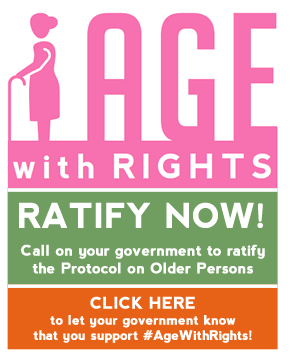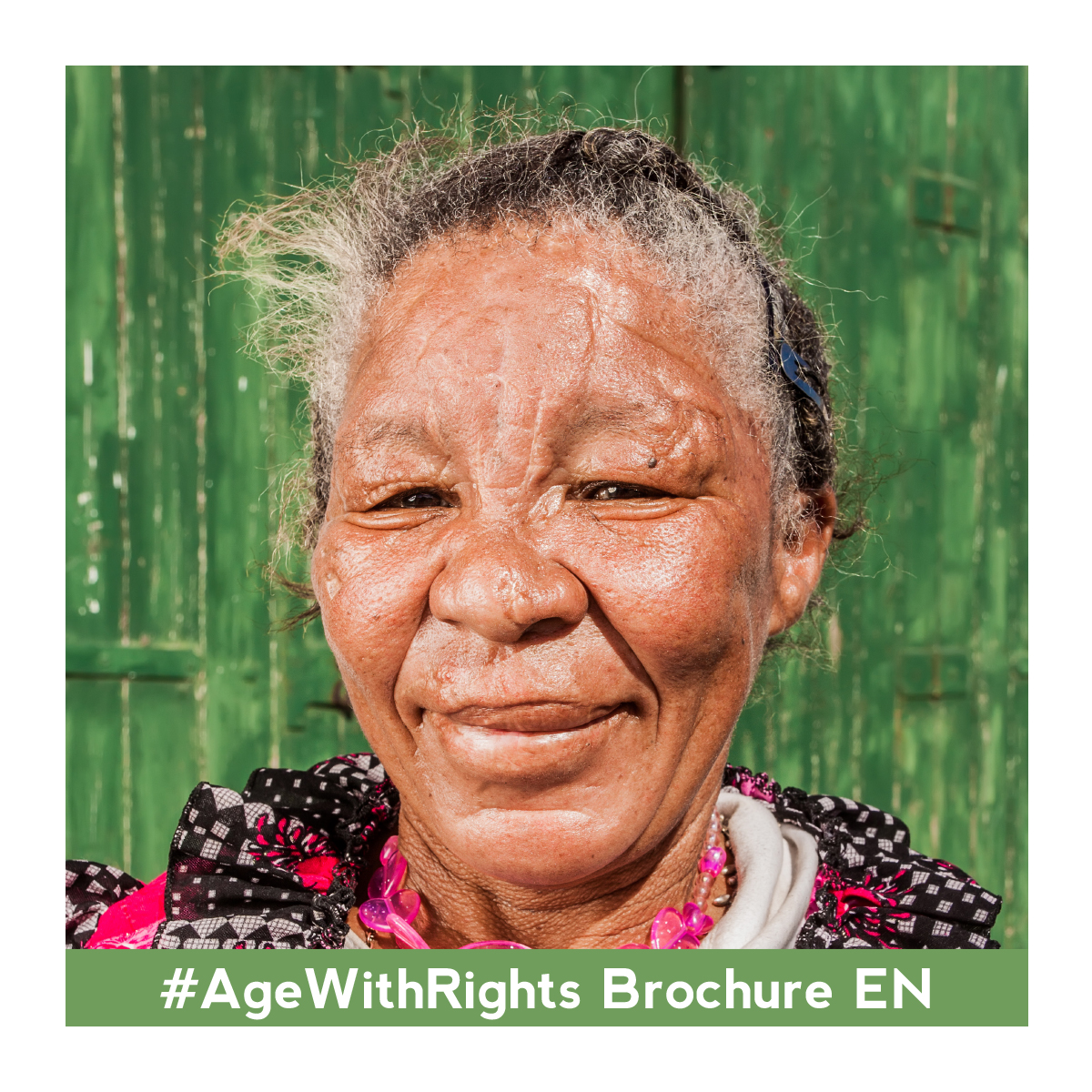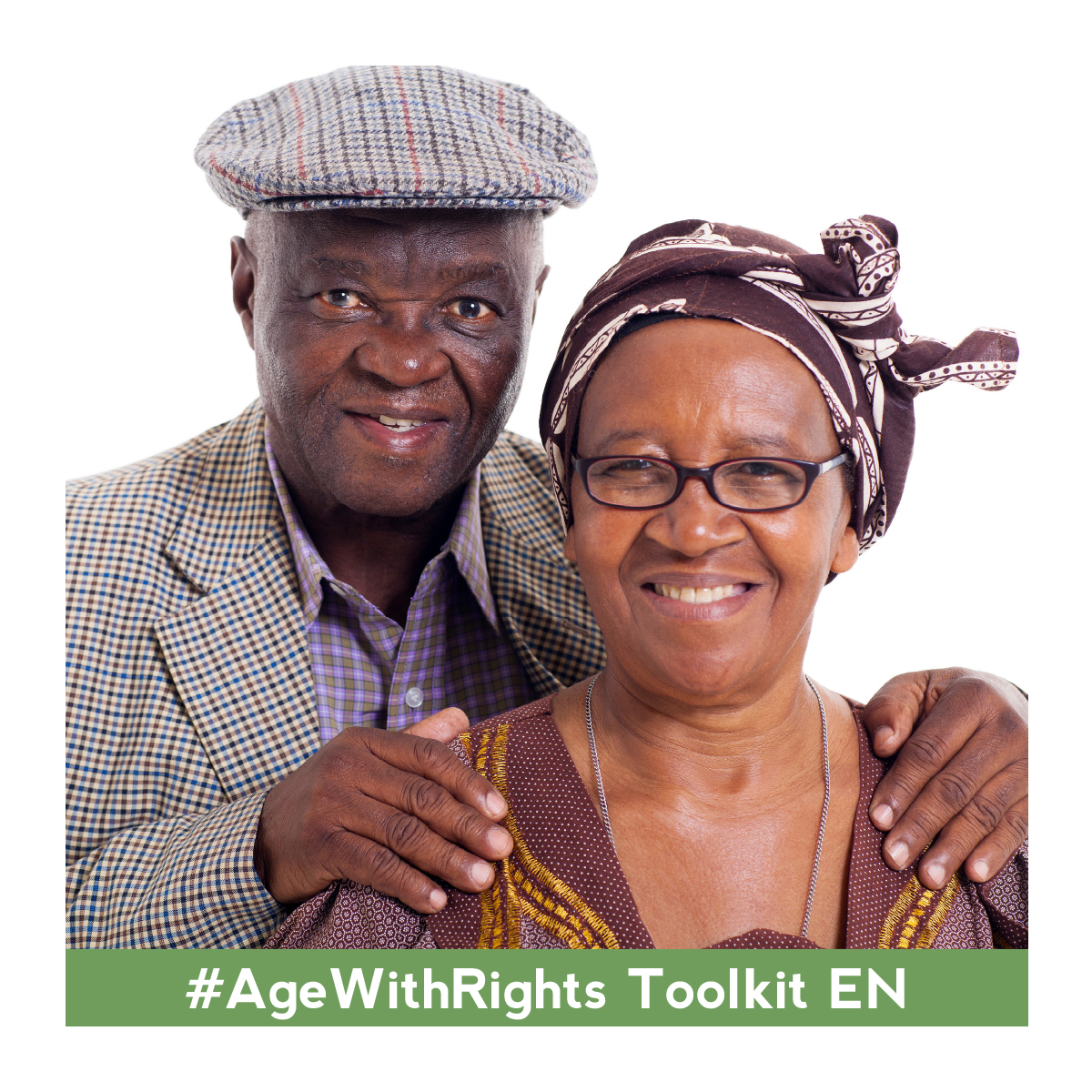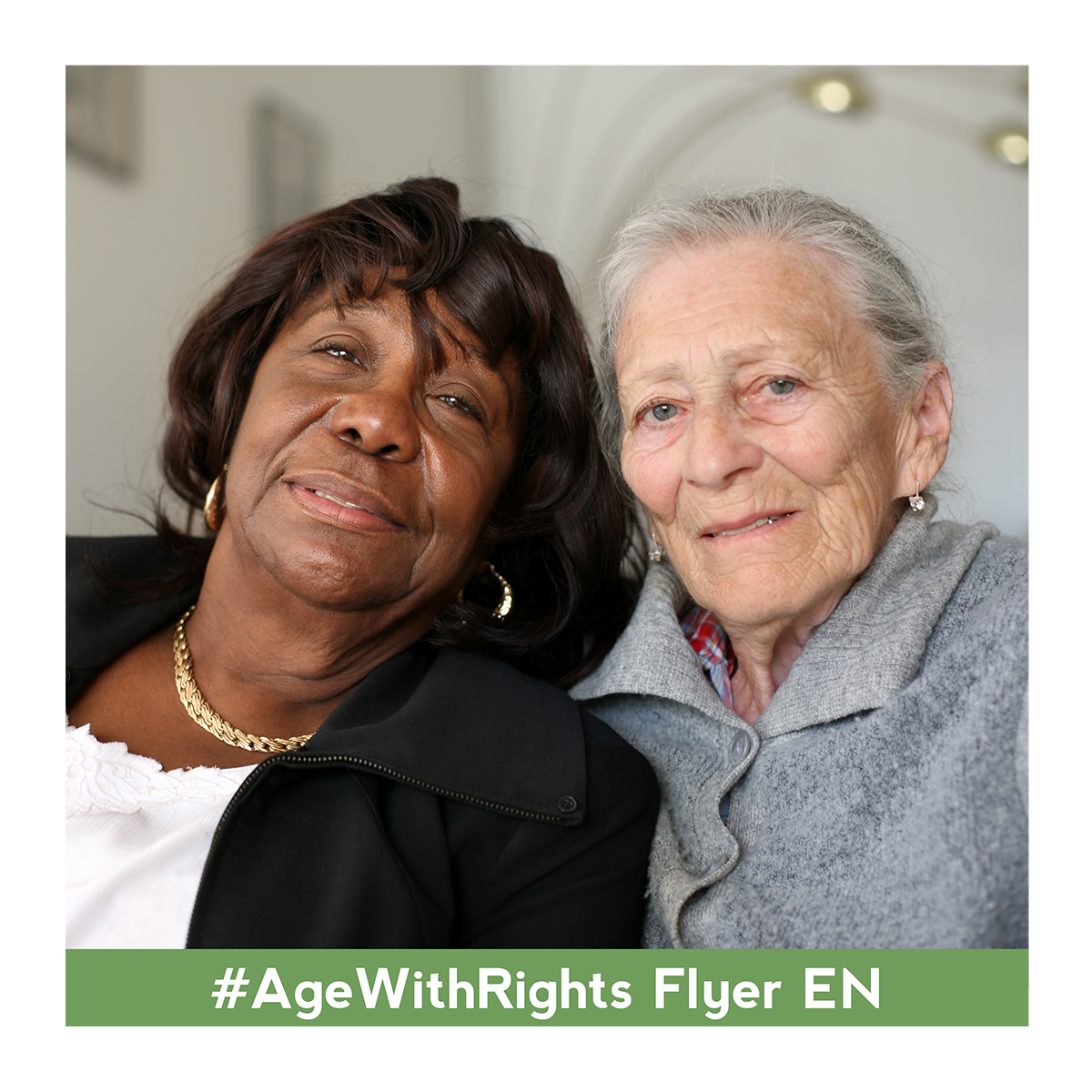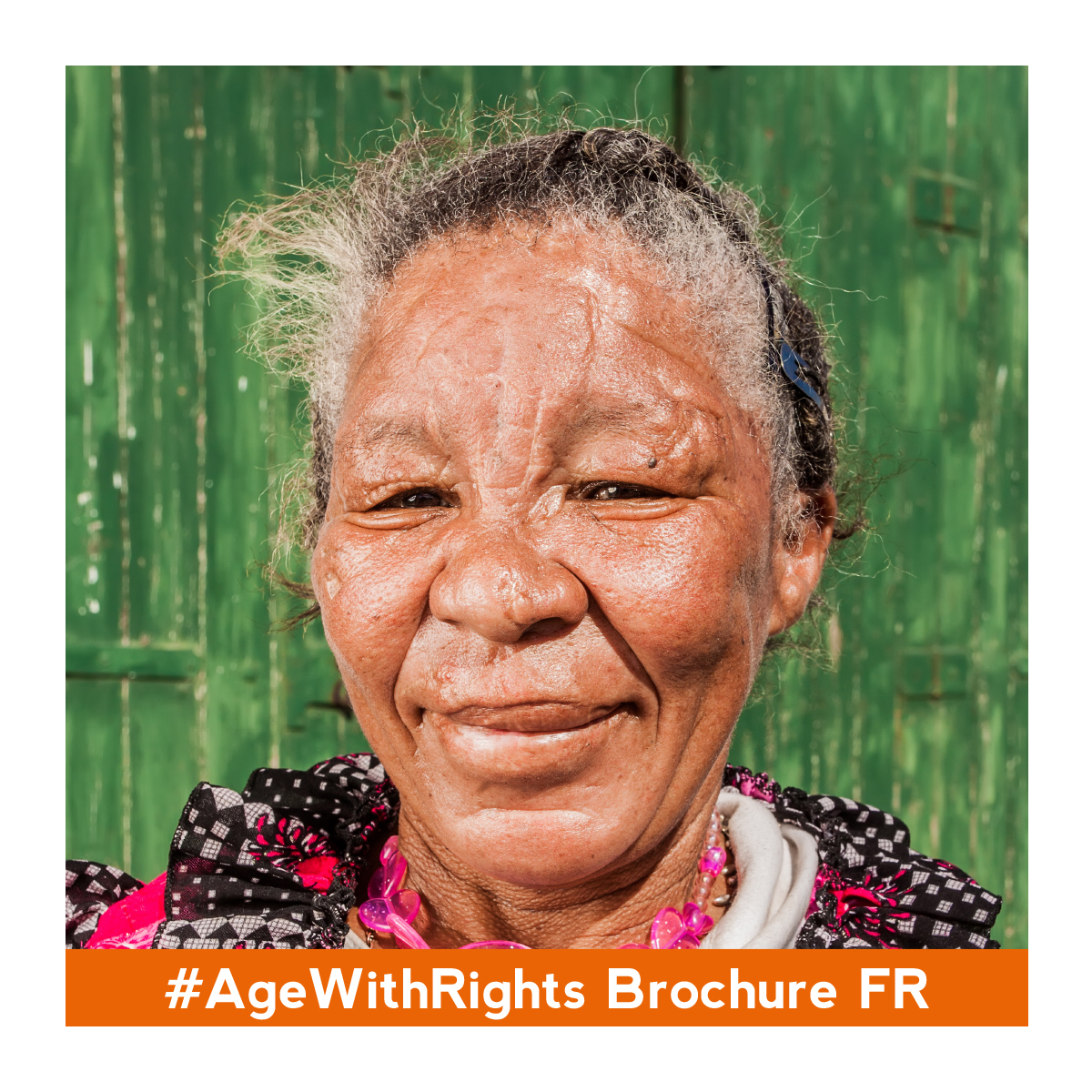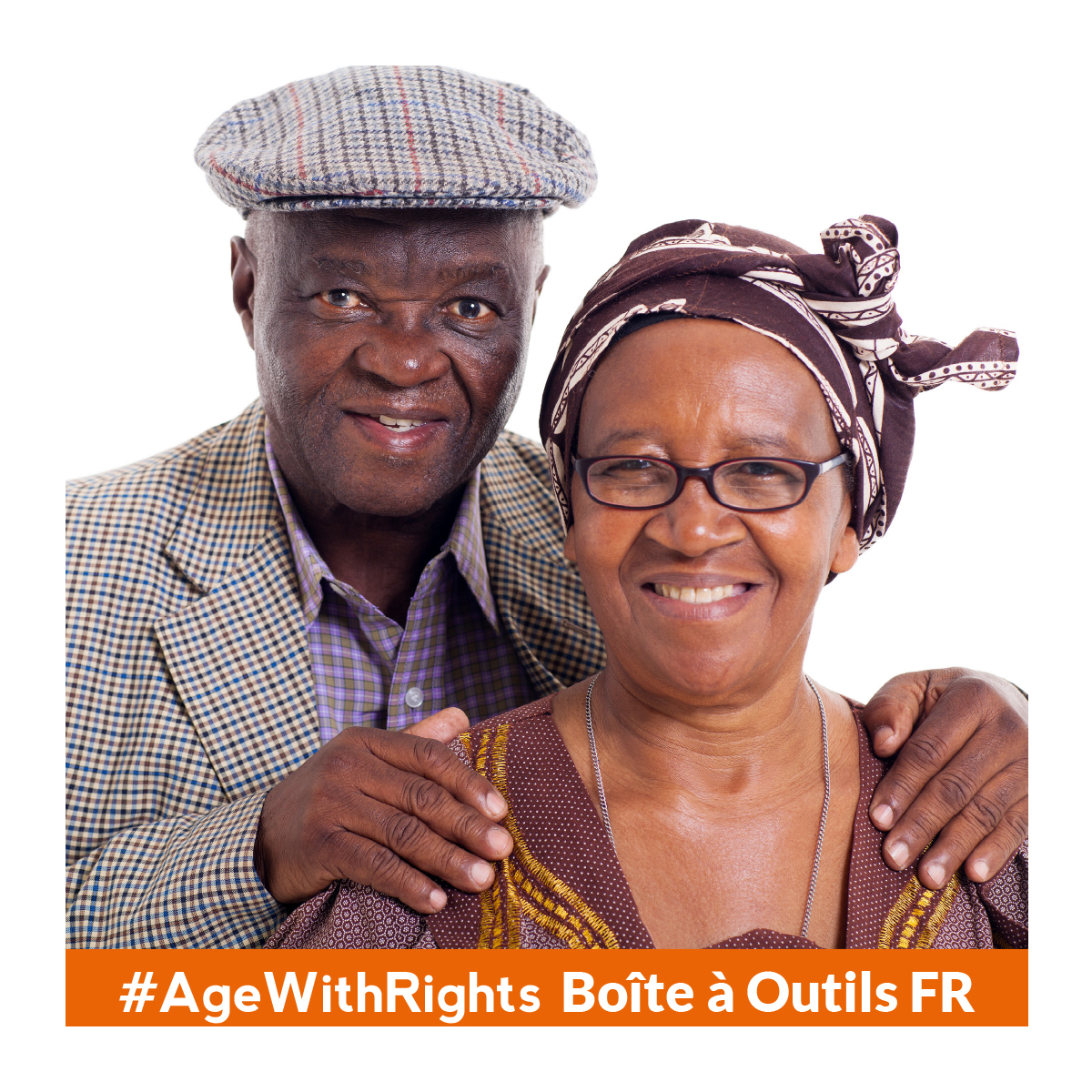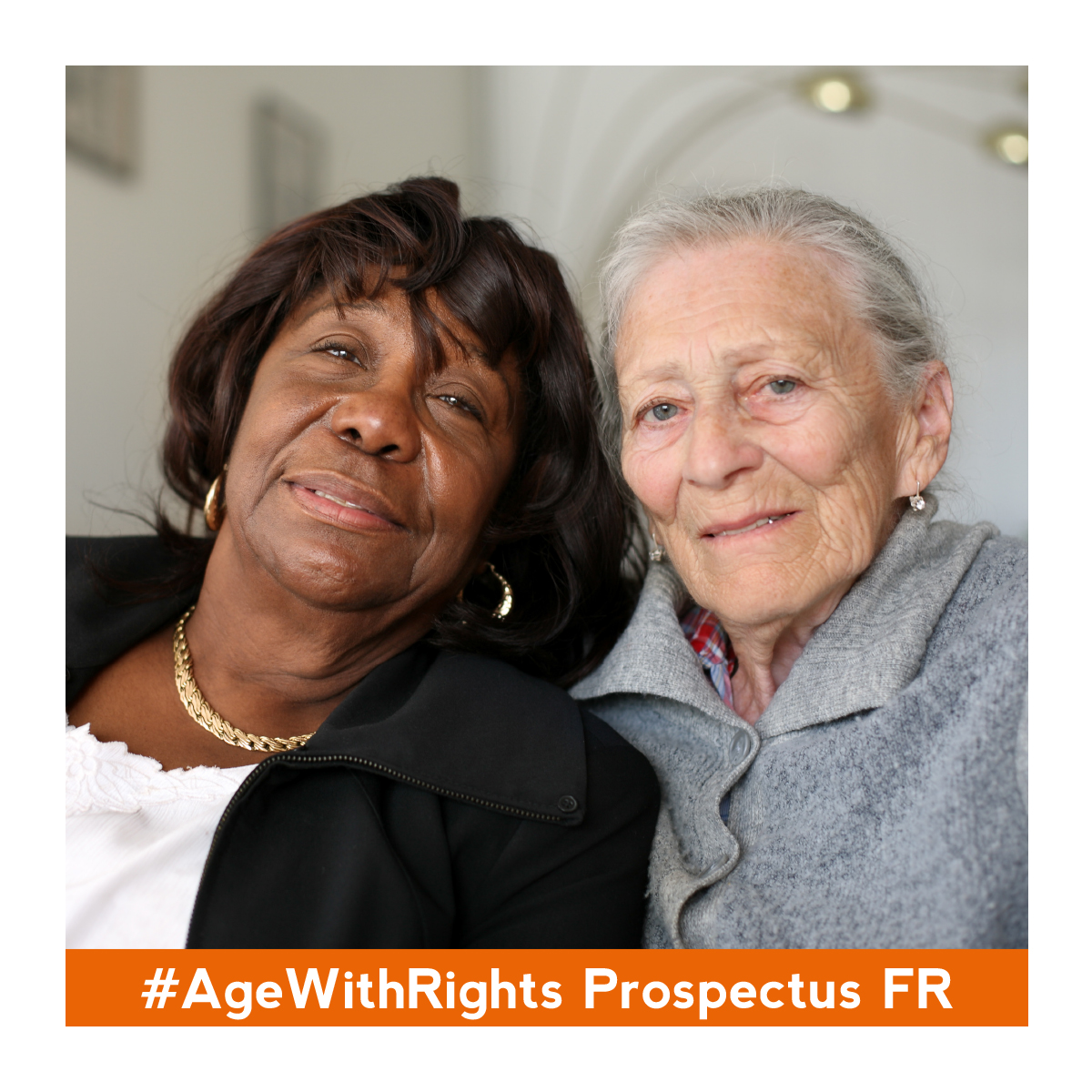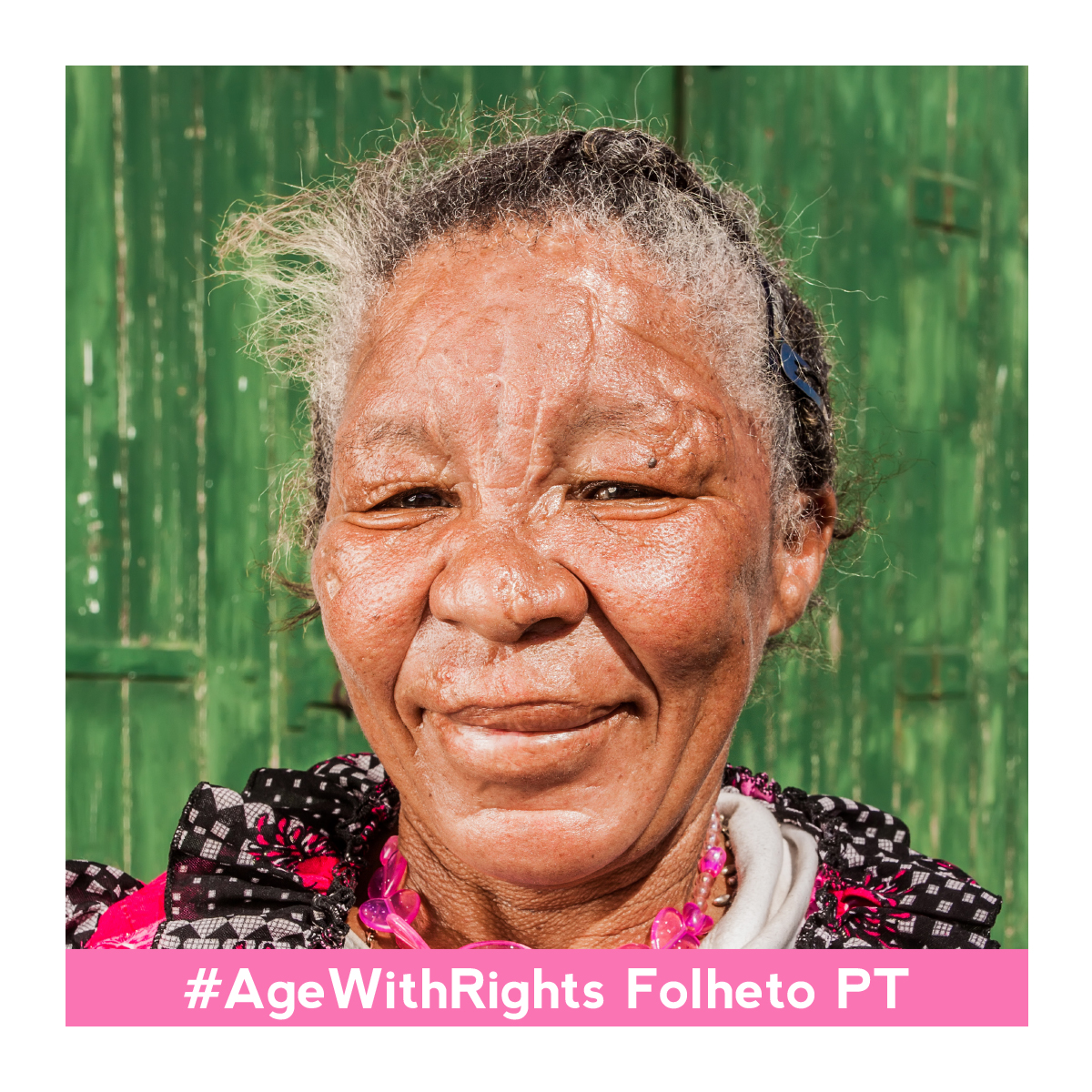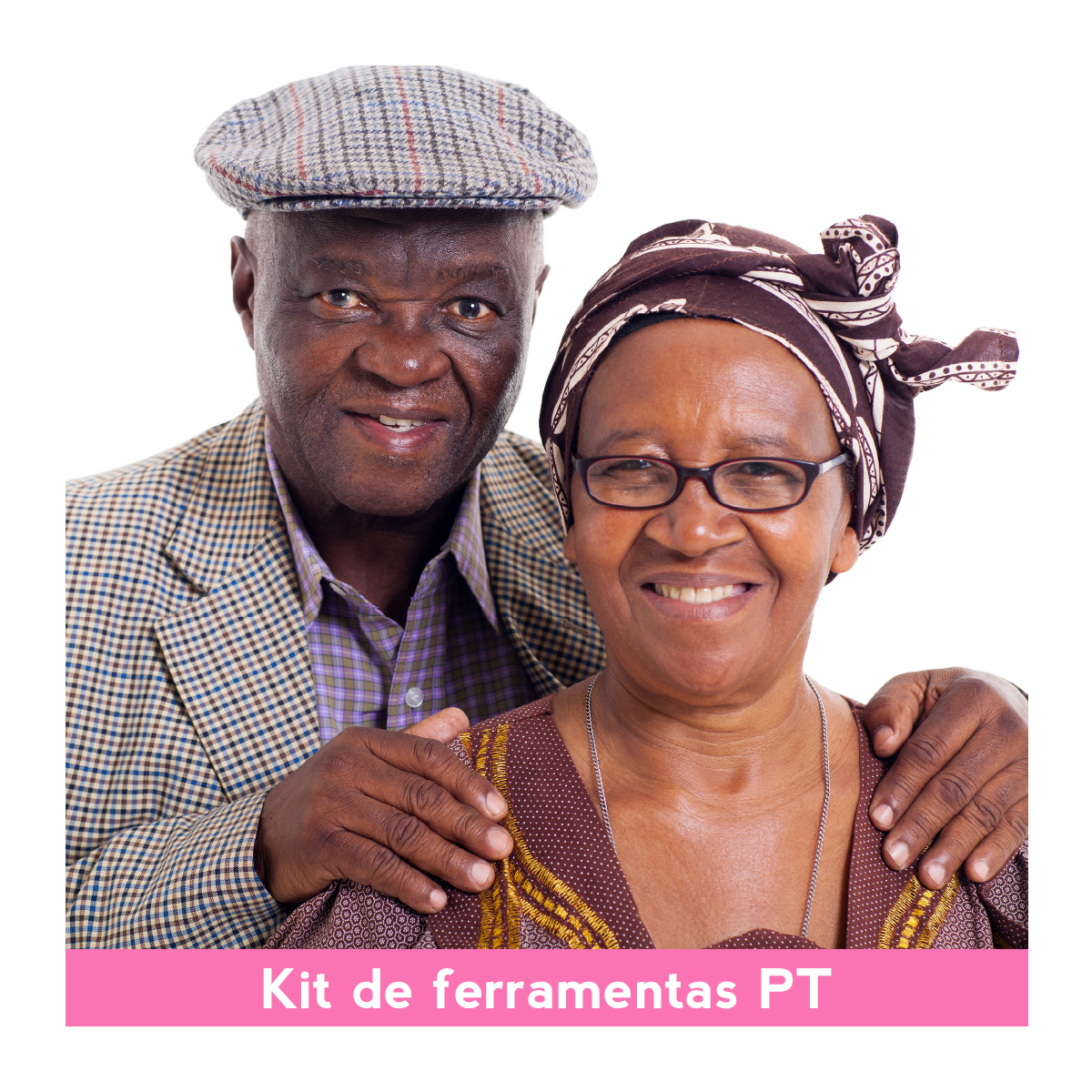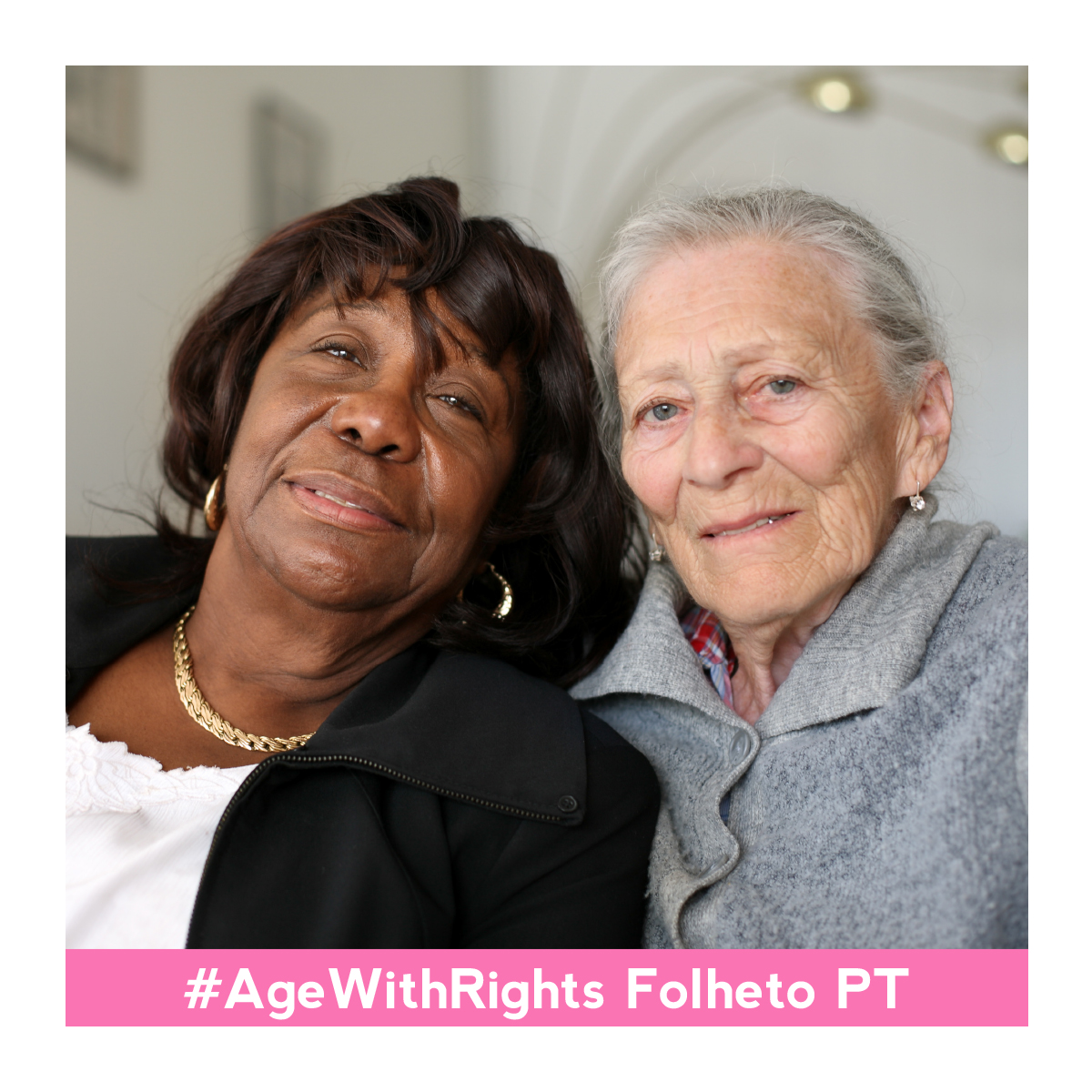On 31 January 2016, member states of the African Union (AU) adopted the Protocol on the Rights of Older Persons. Four years later, 14 countries have signed (Benin, Central African Republic, Chad, Comoros, Garbon, Ghana, Guinea, Lesotho, Mali, Mozambique, Rwanda, Sierra Leone, Togo and Zambia), and as of June 2020, only three states Benin, Ethiopia and Lesotho have ratified it.
CALL ON YOUR COUNTRY to ratify the Older Persons Protocol now!
By 2050, the global population of older persons is projected to more than double its size in 2015, reaching nearly 2.1 billion. Over the next 15 years, this will be a 64 % increase in the population of older persons in Africa. The number of people over the age of 60 is expected to grow from 64.4 million people in 2015 to 220 million by 2050. Women generally tend to outlive their male counterparts despite the cumulative effects of disadvantages linked to gender inequality.
Based on the belief of leaving no one behind, the Centre for Human Rights acknowledges the importance of a rights-based approach to ageing and calls for the promotion and protection of the rights of older persons. To this end, the 2018 #AgeWithRights Campaign reaffirms that older persons should be able to exercise their human rights.
The campaign is a timely intervention considering the adoption of the the Protocol in the Rights of Older Persons.
The campaign on the rights of older persons is working on:
- Accelerating state ratification of the Protocol on the Rights of Older Persons
- Bringing together community activists, researchers, scholars, governments, and other stakeholders to develop initiatives to advance the rights of older persons.
- Supporting human rights organisations and institutions in pushing for a rights-based agenda for older persons in Africa.
- Collaborating with thematic units (women’s rights, disability rights, LGBTI rights, children’s rights and freedom of expression and access to information) across the Centre to create an intersectional approach in promoting the rights of older persons.
#AgeWithRights Resources (English)
#AgeWithRights Ressources (Français)
#AgeWithRights Recursos (Português)
#AgeWithRights with a Focus on Older Women
Experiences of ageing are not uniform. They are gendered. Not only do women tend to outlive their male counterparts, they are taken for granted in their traditional caretaking and support roles.
The combination of urbanisation/modernisation, the feminisation of poverty and the impact and effect of HIV/AIDS across the continent contribute to the gendered ageing experience of women. Technological advancements may increase life expectancy rate but simultaneously contribute to the transition from traditional, rural lifestyle to modern or more industrialised lifestyle. Additionally, older women are more likely to be poor, widowed, without pension or health care, socially ostracised and to experience violence. The impact of HIV has caused many older women to take care of their sick children and to take parental roles for orphans and other vulnerable children. Also because of this epidemic, older women have to work longer into their later years foregoing retirement (whether in the formal or informal work sector).
Key African human rights treaties relating to the rights of older persons
- The African Charter on Human and Peoples' Rights (1981/1986)
- The Protocol to the African Charter on Human and Peoples' Rights on the Rights of Women in Africa (2003/2005)
- Protocol to the African Charter on Human and Peoples' Rights on the Rights of Older Persons (2016)
Short film
Kaya is a short film about the rights of women to property. It is part of the Centre's campaign #AgeWithRights.
© Film produced by Adebayo Okeowo

